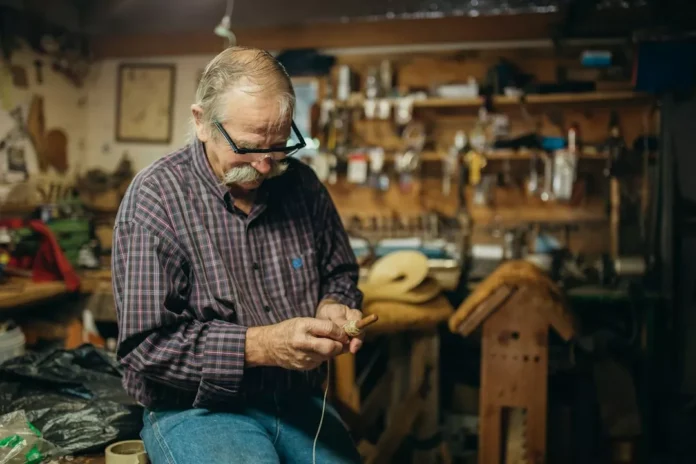Forming journalists is a crucial task in today’s society, where the media plays a fundamental role in shaping public opinion and disseminating information. In order to ensure that journalists are equipped with the necessary skills and knowledge to fulfill their role, workshops and training programs are organized to enhance their abilities. One such workshop that has gained recognition and praise is the investigative journalism workshop “Ndrangheta stereotypes and reality” led by the renowned journalist Claudio La Camera.
The workshop, which focuses on the ‘Ndrangheta, a notorious Italian mafia organization, aims to break the stereotypes and shed light on the reality of this criminal group. The ‘Ndrangheta has been a subject of fascination and fear for many, with its intricate network and ruthless activities. However, the media has often perpetuated stereotypes and sensationalized stories, leading to a distorted image of the ‘Ndrangheta. This workshop seeks to change that by providing journalists with the tools to investigate and report on the ‘Ndrangheta in a responsible and accurate manner.
Led by Claudio La Camera, a veteran journalist with years of experience in investigative reporting, the workshop delves into the history, structure, and operations of the ‘Ndrangheta. La Camera, who has been personally involved in covering the ‘Ndrangheta, brings a wealth of knowledge and expertise to the workshop. His passion for investigative journalism and dedication to uncovering the truth is evident in his teachings, inspiring and motivating the participants.
The workshop is not just a theoretical exercise; it also includes practical training and exercises to hone the skills of the participants. Through hands-on experience, the journalists learn how to conduct interviews, gather evidence, and analyze data to uncover the truth behind the ‘Ndrangheta. This approach not only enhances their investigative skills but also instills a sense of responsibility and ethics in their reporting.
One of the most significant achievements of this workshop is the change in perspective it brings about in the participants. Many journalists who have attended the workshop have shared their experiences of how their perception of the ‘Ndrangheta has changed. They have realized that the ‘Ndrangheta is not just a criminal organization but a complex entity with deep-rooted connections in society. This change in perspective is crucial in reporting on the ‘Ndrangheta, as it allows for a more nuanced and accurate portrayal of the organization.
Moreover, the workshop also highlights positive experiences and stories related to the ‘Ndrangheta. Often overshadowed by the negative aspects, these stories showcase the resilience and courage of individuals who have stood up against the ‘Ndrangheta. By highlighting these positive experiences, the workshop aims to break the stereotype of the ‘Ndrangheta as an all-powerful and invincible force.
The impact of this workshop can be seen in the quality of reporting on the ‘Ndrangheta by the journalists who have attended it. They have been able to uncover new information and provide a more comprehensive and accurate picture of the ‘Ndrangheta. This has not only improved the credibility of their reporting but also contributed to a better understanding of the ‘Ndrangheta by the public.
The success of this workshop can also be seen in the recent developments in the ‘Ndrangheta investigation. Claudio La Camera, who has been actively involved in reporting on the ‘Ndrangheta, has been appointed as an expert consultant in the ongoing investigation into the ‘Ndrangheta’s activities. This is a testament to the impact of the workshop and the expertise of La Camera in this field.
In conclusion, the investigative journalism workshop “Ndrangheta stereotypes and reality” led by Claudio La Camera is a valuable and essential program for forming journalists. It not only equips them with the necessary skills and knowledge but also instills a sense of responsibility and ethics in their reporting. By breaking stereotypes and highlighting positive experiences, the workshop contributes to a more accurate and comprehensive understanding of the ‘Ndrangheta. It is a step towards responsible and ethical journalism, and we can only hope to see more such initiatives in the future.

